People
Organizers

Yan Leng
Yan Leng is an assistant professor in the McCombs School of Business, the University of Texas at Austin. She graduated from MIT Media Lab in May, 2020. She holds master degrees in Computer Science and Transportation Engineering, both from MIT. Yan is a network scientist working on social science problems. Her research lies in the intersection of machine learning, network theory, and causal inference. She uses large-scale behavioral data to understand collective human behavior over social networks and builds computational techniques for solving societal and organizational issues.
Tian Yang
Tian Yang is a PhD Candidate at the Annenberg School for Communication at the University of Pennsylvania. He is interested in applying methods in computational social science to study political communication across the globe, especially in China and the US. Particularly, he looks at how today’s high-choice media environment influences the public’s information behaviors. His research employs various approaches, including network analysis, online experiments, natural experiments, etc.
Yuan Yuan
Yuan Yuan is a PhD Candidate in the Institute for Data, Systems, and Society (IDSS) at Massachusetts Institute of Technology. He will be joining the Purdue Krannert School of Management in Fall 2021. He researches social and economic networks by applying cutting-edge computational methods, including machine learning, causal inference, and experimental design, to large-scale network data. He is especially interested in how social ties are formed and stabilized, and how social ties mediate social contagion, social exchange, prosocial behavior, and information diffusion. Yuan’s thesis advisor is Prof. Sandy Pentland. Yuan considers himself as a computational social scientist who cares a lot about research methodology.Speakers
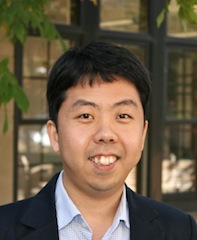
Yong-Yeol (YY) Ahn
Yong-Yeol (YY) Ahn is an Associate Professor at Indiana University School of Informatics, Computing, and Engineering and a Visiting Professor at MIT. Before joining Indiana University, he worked as a postdoctoral research associate at the Center for Complex Network Research at Northeastern University and as a visiting researcher at the Center for Cancer Systems Biology at Dana-Farber Cancer Institute after earning his PhD in Statistical Physics from KAIST in 2008. His research focuses on complex social and biological systems by developing and applying network science and machine learning methods to a wide range of domains, including large-scale social phenomena, health, inequality, neuroscience, culture, and science of science. He is a recipient of several awards including Microsoft Research Faculty Fellowship and LinkedIn Economic Graph Challenge.
Chris Bail
Chris Bail is Professor of Sociology and Public Policy at Duke University where he directs the Polarization Lab. He is also affiliated with the Interdisciplinary Data Science Program, the Duke Network Analysis Center, and the Duke Population Research Institute. His research examines political polarization, culture and social psychology using tools from the field of computational social science. He is the author of Terrified: How Anti-Muslim Fringe Organizations Became Mainstream.
Yi Bu
Yi Bu is an Assistant Professor at the Department of Information Management, Peking University. Before joining Peking University, he was a research fellow at the Center for Science of Science and Innovation, Northwestern Institute on Complex Systems, and the Kellogg School of Management, Northwestern University working with Dr. Dashun Wang. Yi is doing research in the application aspect of big data analytics, with a particular focus on scholarly data mining. Specifically, his research endeavors to elucidate the process of knowledge diffusion, the analysis of scholarly networks and their variants, and bibliometric indicators for research assessment. Yi has an undergraduate degree in information management and system from Peking University, an M.S. in data science, and a Ph.D. in informatics from Indiana University. At Indiana, he was supervised by Professor Ying Ding.
Morgan R. Frank
Morgan Frank is an Assistant Professor at the School of Computing and Information at the University of Pittsburgh, a Research Affiliate at the MIT Media Lab, and a Digital Fellow at the Stanford Institute for Human-Centered Artificial Intelligence. Morgan is interested in the complexity of AI, the future of work, and the socio-economic consequences of technological change. While many studies focus on phenotypic labor trends, Morgan’s recent research examines how genotypic skill-level processes around AI impact individuals and society. Combining labor research with investigations into the nature of AI research and the social or societal implications of AI adoption, Morgan hopes to inform our understanding of AI’s impact. Morgan has a PhD from MIT’s Media Lab, was a postdoc at MIT IDSS and the IDE, and has a masters degree in applied mathematics from the University of Vermont where he was a member of the Computational Story Lab.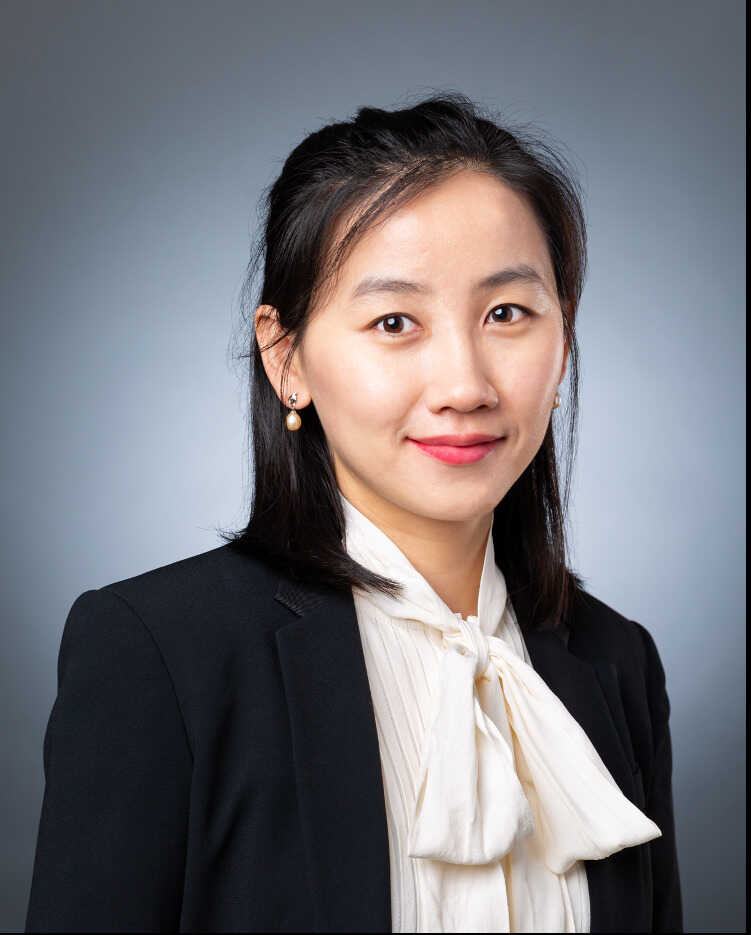
Shan Huang
Shan Huang is an assistant professor at the Faculty of Business and Economics at the University of Hong Kong. From 2018 to 2020, she was an assistant professor at the Foster School of Business at the University of Washington, Seattle. She is a digital fellow at MIT Initiative on Digital Economy and Stanford Digital Economy Lab. Her research focuses on the digital economy, social networks, and business analytics (e.g., A/B testing). Shan’s current work aims to understand the business value and social implications of new social media. Specifically, her studies examine how social advertising and social referral affect product virality, how emotions shape online content diffusion, and how weak ties can or cannot break people out of the echo chamber, in massive social networks. She has a particular interest in understanding how certain phenomena vary across individuals, social ties, products, and markets, using population-scale datasets and large-scale field experiments, and uses various research methodologies (e.g., large-scale networked randomized field experiments, machine learning, network analysis, econometrics) to pursue her research agenda. Shan’s research has been published in prominent management journals, including Marketing Science and the Journal of Management Information Systems. She has been collaborating closely with the leading tech firms (e.g., Tencent) to understand cutting-edge digital phenomena and their implications for business and society. Shan received a bachelor’s degree from Tsinghua University, a master’s degree from the University of British Columbia, and a Ph.D. from the MIT Sloan School of Management.
Zhiyuan Liu
Zhiyuan Liu is an associate professor at the Department of Computer Science and Technology, Tsinghua University. He received his Ph.D. degree in Computer Science from Tsinghua in 2011. His research interests include representation learning, knowledge graphs and social computation, and has published more than 90 papers in top-tier conferences and journals of AI and NLP including ACL, IJCAI and AAAI, cited by more than 13,000 according to Google Scholar. He is the recipient of the Excellent Doctoral Dissertation of Tsinghua University, the Excellent Doctoral Dissertation of CAAI (Chinese Association for Artificial Intelligence), MIT Technology Review Innovators Under 35 China (MIT TR-35 China), BAAI Young Scientist. He serves as area chairs of ACL, EMNLP, COLING, IJCNLP, etc.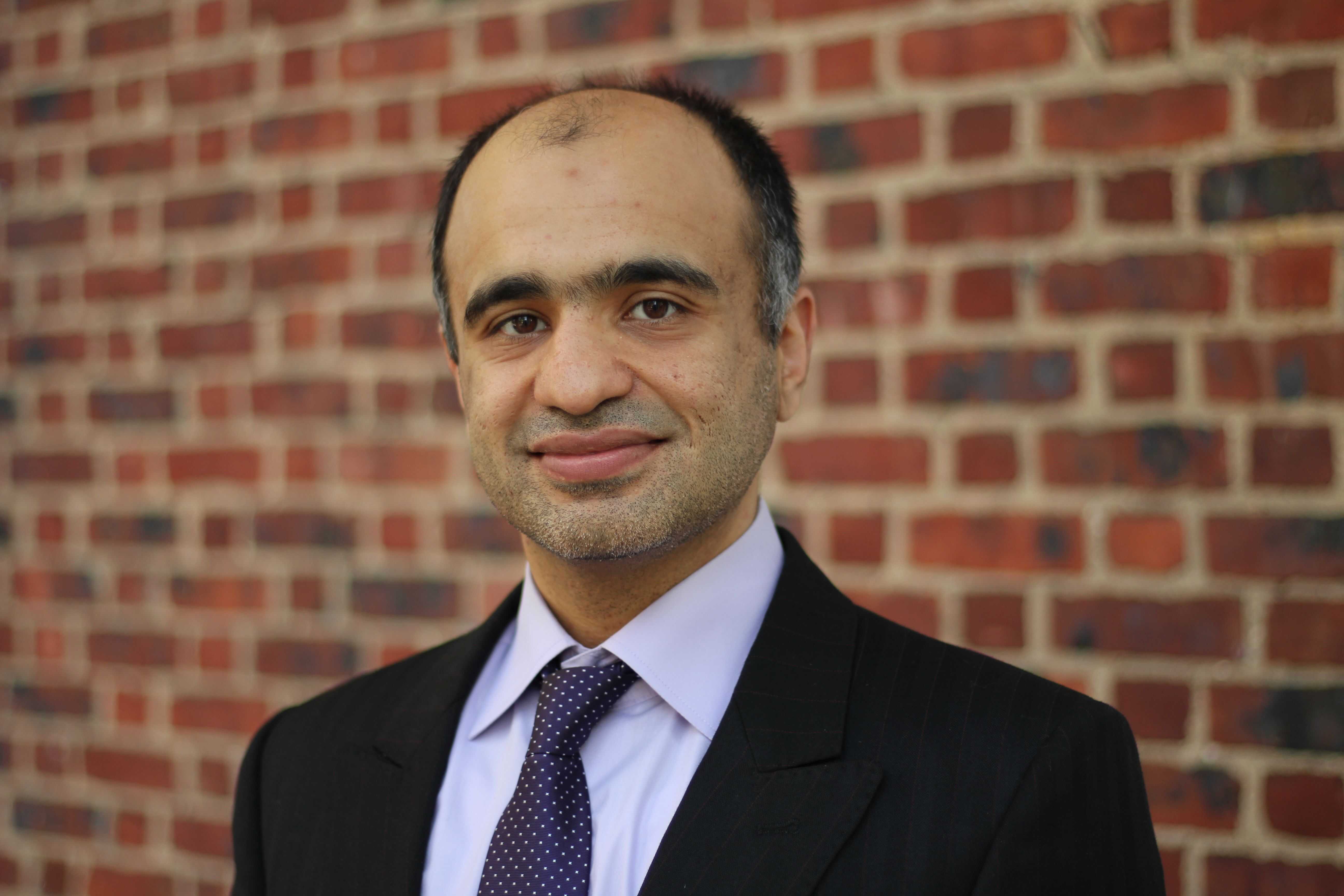
Mohsen Mosleh
Mohsen Mosleh is a Lecturer (Assistant Professor) at the Science, Innovation, Technology, and Entrepreneurship Department, University of Exeter Business School and a Research Affiliate at MIT. Mohsen was a Postdoctoral Fellow at the MIT Sloan School of Management as well as the Department of Psychology at Yale University. Prior to his postdoctoral studies, Mohsen received his PhD from Stevens Institute of Technology in Systems Engineering with a minor in data science. Mohsen’s research interests lie at the intersection of computational/data science and cognitive/social science. In particular, he studies how information and misinformation spread on social media, collective decision-making, and cooperation.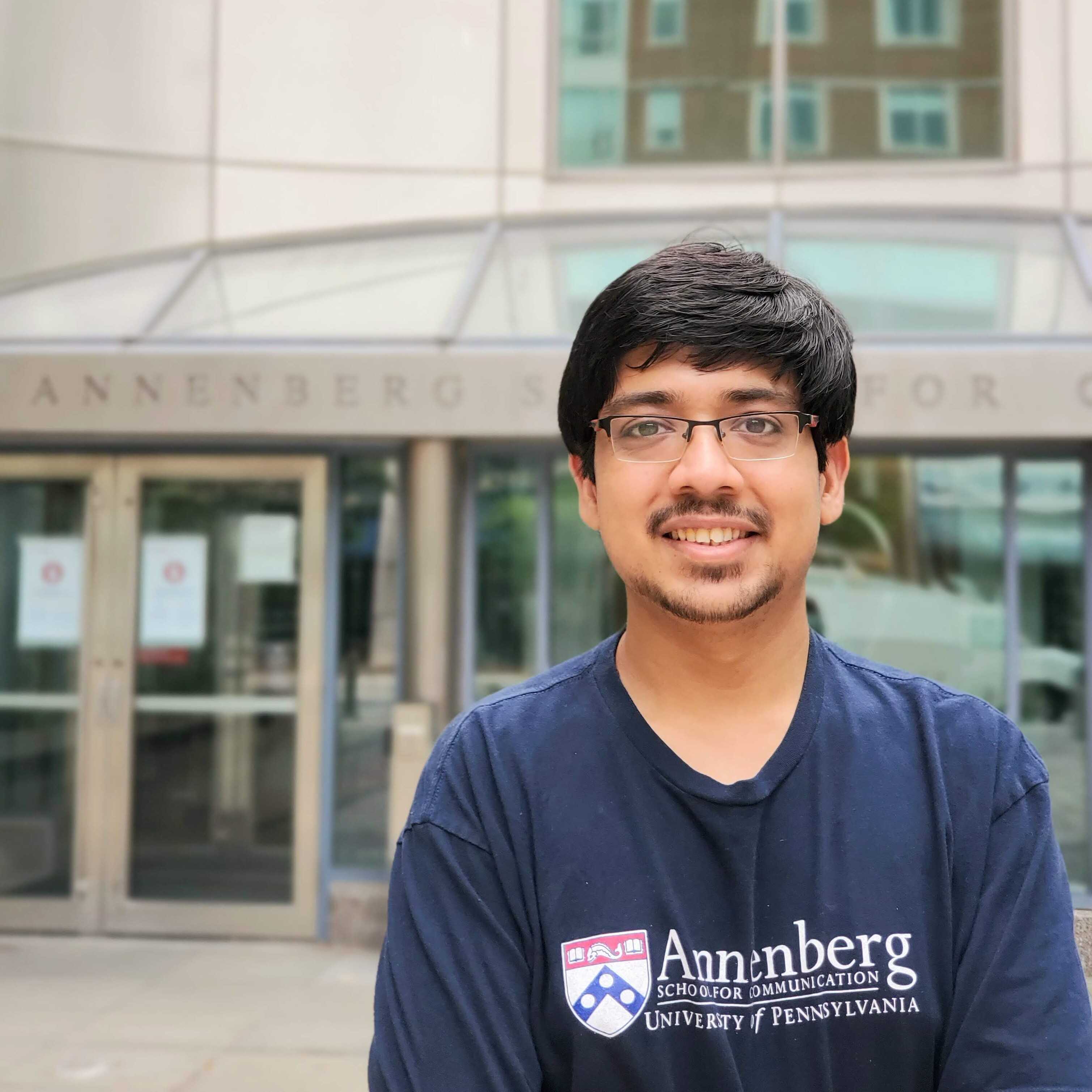
Subhayan Mukerjee
Subhayan Mukerjee is an assistant professor at the Department of New Media and Communications of the National University of Singapore. A computational social scientist by training, he is interested in understanding the relationship between digital technologies and human behavior using network analysis, statistical inference, agent based modeling, and online experiments. He holds an MA and PhD from the Annenberg School for Communication of the University of Pennsylvania. Prior to that he received a BE in Computer Science and MSc in Mathematics from BITS Pilani in India.
Nynke Niezink
Nynke Niezink is an assistant professor in the Department of Statistics and Data Science at Carnegie Mellon University. Prior to joining the department in 2018, she was a Ph.D. candidate at the University of Groningen. She has M.Sc. degrees in Applied Mathematics and in Behavioral and Social Sciences, and B.Sc. degrees in Mathematics and in Pedagogy and Educational Sciences. Her research interests include the development of statistical methods for network analysis, with applications in education, health sciences and management. Most recently she has been working on methods for criminal network data.
Alex (Sandy) Pentland
Professor Alex 'Sandy' Pentland directs the MIT Connection Science and Human Dynamics labs and previously helped create and direct the MIT Media Lab and the Media Lab Asia in India. He is one of the most-cited scientists in the world, and Forbes recently declared him one of the '7 most powerful data scientists in the world' along with Google founders and the Chief Technical Officer of the United States. He co-led the World Economic Forum discussion in Davos that led to the EU privacy regulation GDPR, and was central in forging the transparency and accountability mechanisms in the UN's Sustainable Development Goals. He has received numerous awards and prizes such as the McKinsey Award from Harvard Business Review, the 40th Anniversary of the Internet from DARPA, and the Brandeis Award for work in privacy. He is a founding member of advisory boards for Google, AT&T, Nissan, and the UN Secretary General, a serial entrepreneur who has co-founded more than a dozen companies including social enterprises such as the Data Transparency Lab and the Harvard-ODI-MIT DataPop Alliance. He is a member of the U.S. National Academy of Engineering and leader within the World Economic Forum.Participants

Anfan Chen
Anfan Chen is a postdoc research fellow in the School of Journalism and Communication at Chinese University of HongKong (CUHK). His work applies computational method (i.e. Text Mining) to understand the nuances of controversial/emerging science social representation, online social movement and online health behavior. Before join CUHK, he obtained his PHD degree in Tsinghua University, and worked as research fellow in the University of Science and Technology of China.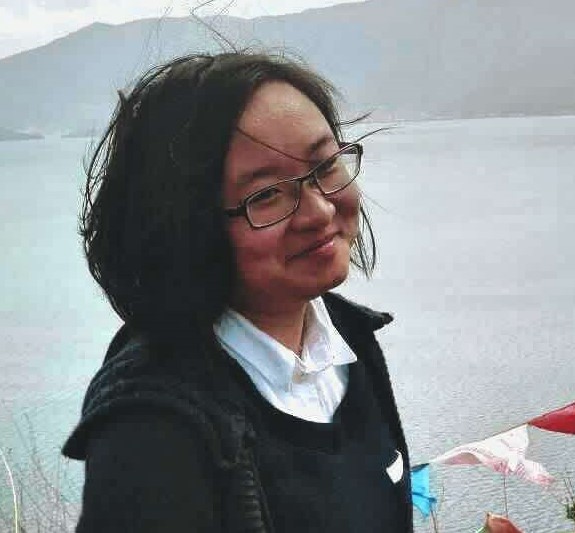
Xiduo Chen
Xiduo Chen is a Ph.D. student in Economics at the University of Arizona. Her current research includes econometric methods in many instruments and social networks.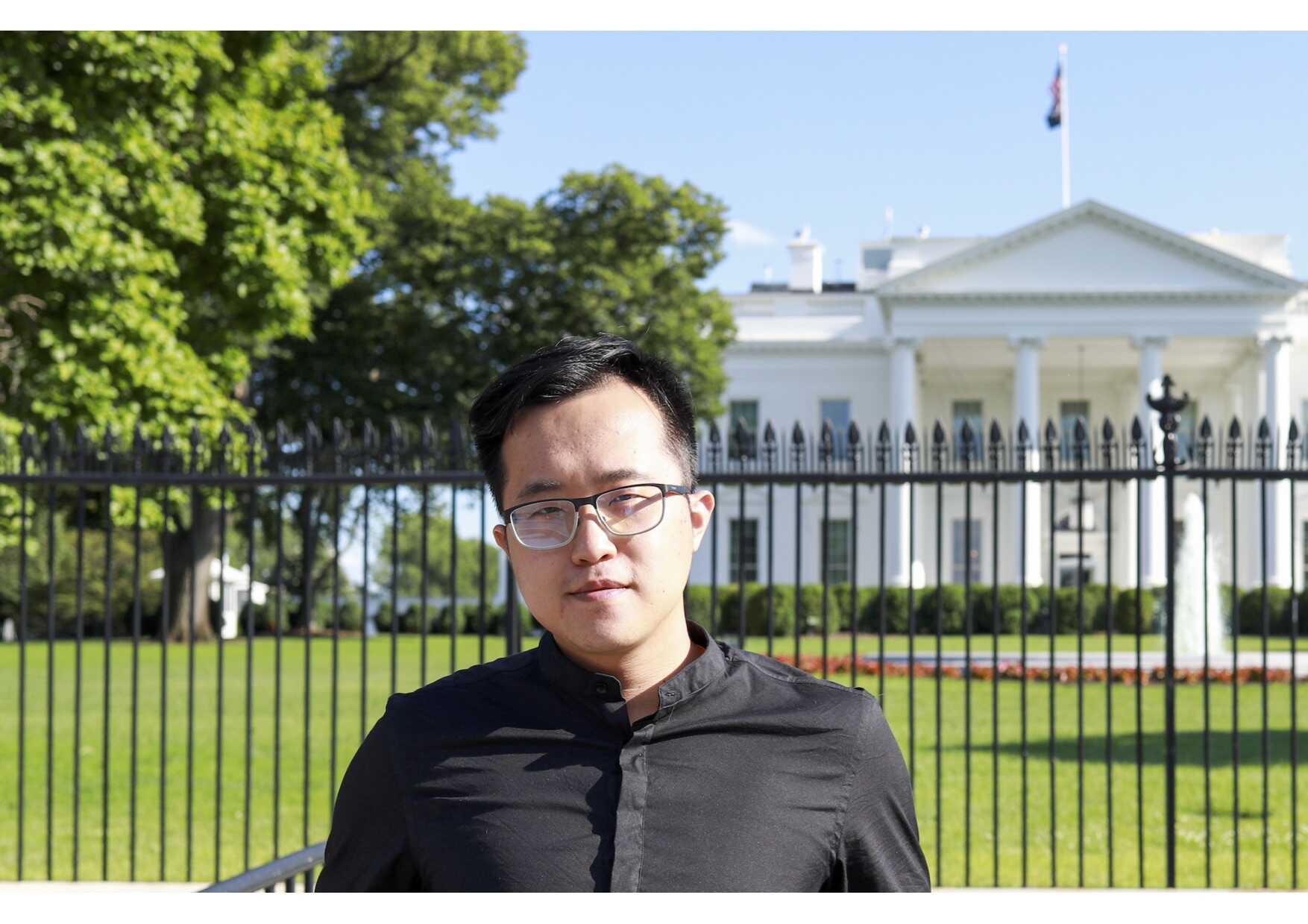
Zhuo Chen
Zhuo Chen is a Ph.D. candidate in the Department of Communications and New Media at the National University of Singapore. His work examines the sociopolitical consequences of communication technologies. His research interests include collective action, public opinion, civic engagement, and social organizing and networking in the digital era.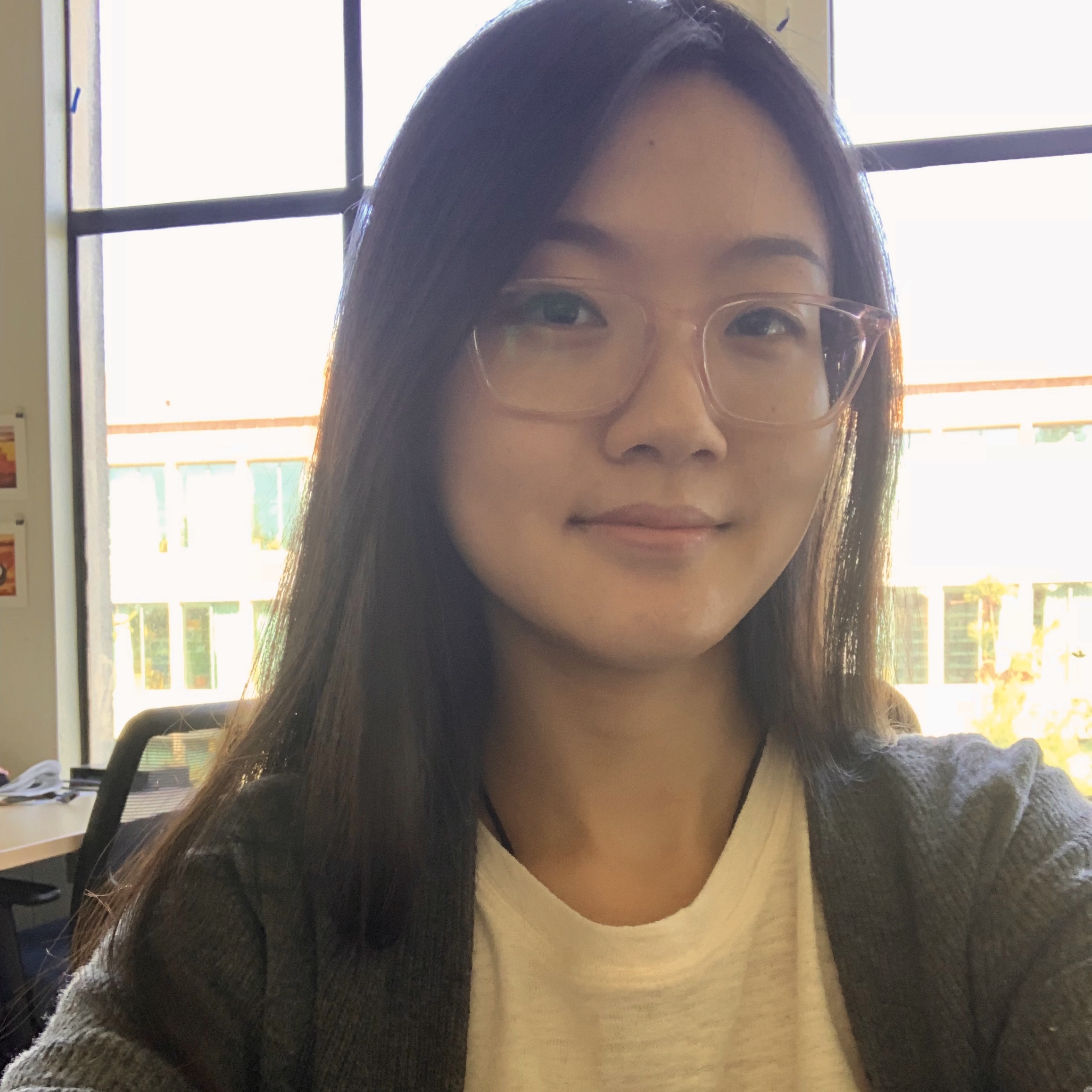
Ruijia Cheng
Ruijia (Regina) Cheng is a PhD student in the Human Centered Design & Engineering department at University of Washington. Her research focuses on studying collaborative learning activities in a variety of online communities. Recently she is particularly interested in understanding and designing for novices' engagement with data in online communities.
Zhaowen Guo
Zhaowen Guo is pursuing a PhD in political science at University of Washington. Her work has centered around how information and technology impact public discourses, government accountability, and social behavior. She draws on a mix-method approach with a particular interest in connecting formal models with computational social science methods. Prior to joining University of Washington, she holds a master's degree in political science at Columbia University with Chinese Government Scholarship, and a bachelor's degree in political science at Fudan University.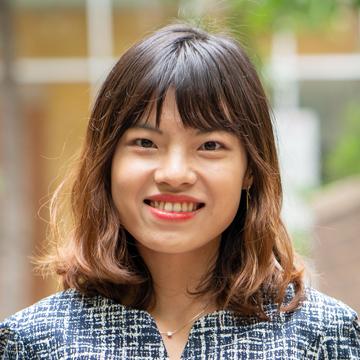
Shengchun Huang
Shengchun Huang is a doctoral student at the Annenberg School for Communication at the University of Pennsylvania. She is is interested in digital news consumption, algorithm driven aggregators/platforms, and social effects in the high-choice media environment. Before joining Annenberg, she received her B.A. degree in communication from Renmin University of China and M.A. degree in journalism and communications from Tsinghua University.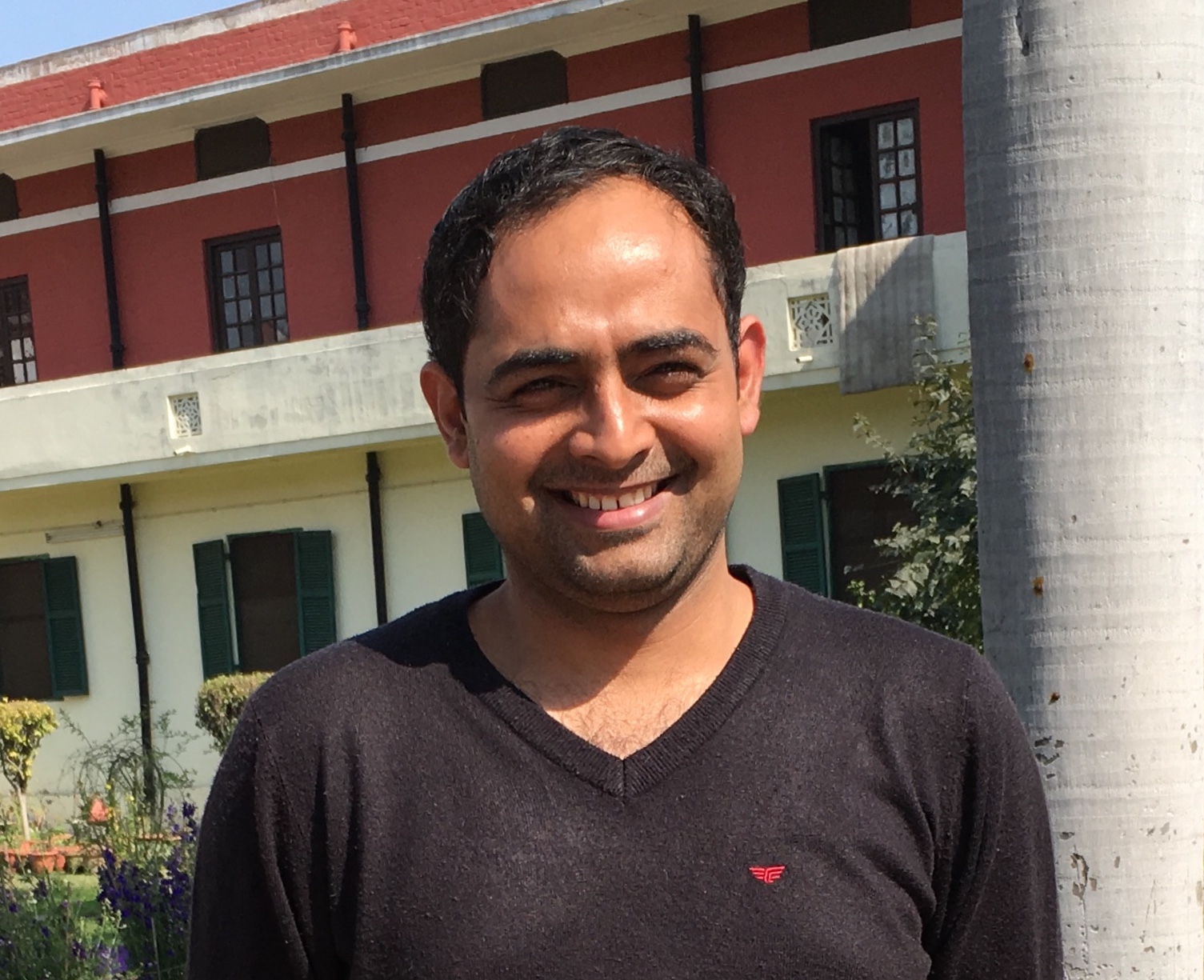
Sachin Kumar
Kumar is an Assistant Professor at University of Delhi, Delhi, India. He has also been a PhD student at the Dept of Computer Science, University of Delhi. He is interested in Artificial Intelligence(AI), Urban Computing, Information Systems and Computational Social Science. He particularly applies computational techniques of AI to develop data-driven urban computing solutions. He also applies AI techniques to investigate social networks, digital information diffusion patterns and social agents interactions.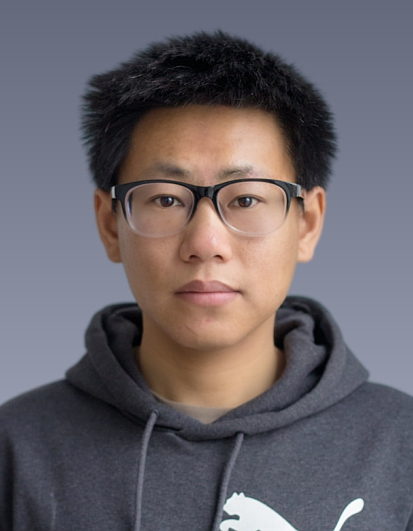
Bo Li
Bo Li is an assistant professor in the Department of Computing at The Hong Kong Polytechnic University. Formerly, he was a Postdoctoral Fellow at University of Oxford and University of Texas at Austin. He received his PhD in Computer Science from Stony Brook University. He is broadly interested in algorithms, AI and computational economics.
Yang Liu
Yang Liu is an Assistant Professor in the School of Information Management at Wuhan University, He graduated from the Polytechnic University of Madrid and was jointly trained at the University of Cambridge. He is interested in business analytics, computational communication, NLP and machine learning.
Yingdan Lu
Yingdan Lu is a Ph.D. Candidate in the Department of Communication at Stanford University. Her research focuses on new media, political communication and information manipulation in authoritarian regimes, and applies various computational methods including automated text analysis and visual analysis to faciliate her research. Her most recent work examines the prevalence and features of multimodal propaganda on Chinese social media. She received her M.A. in East Asian Studies from Stanford University, and B.A. in journalism from Tsinghua University. Her research has been published in peer-reviewed journals including Political Communication, Human-Computer Interaction, and Journal of Quantitative Description: Digital Media.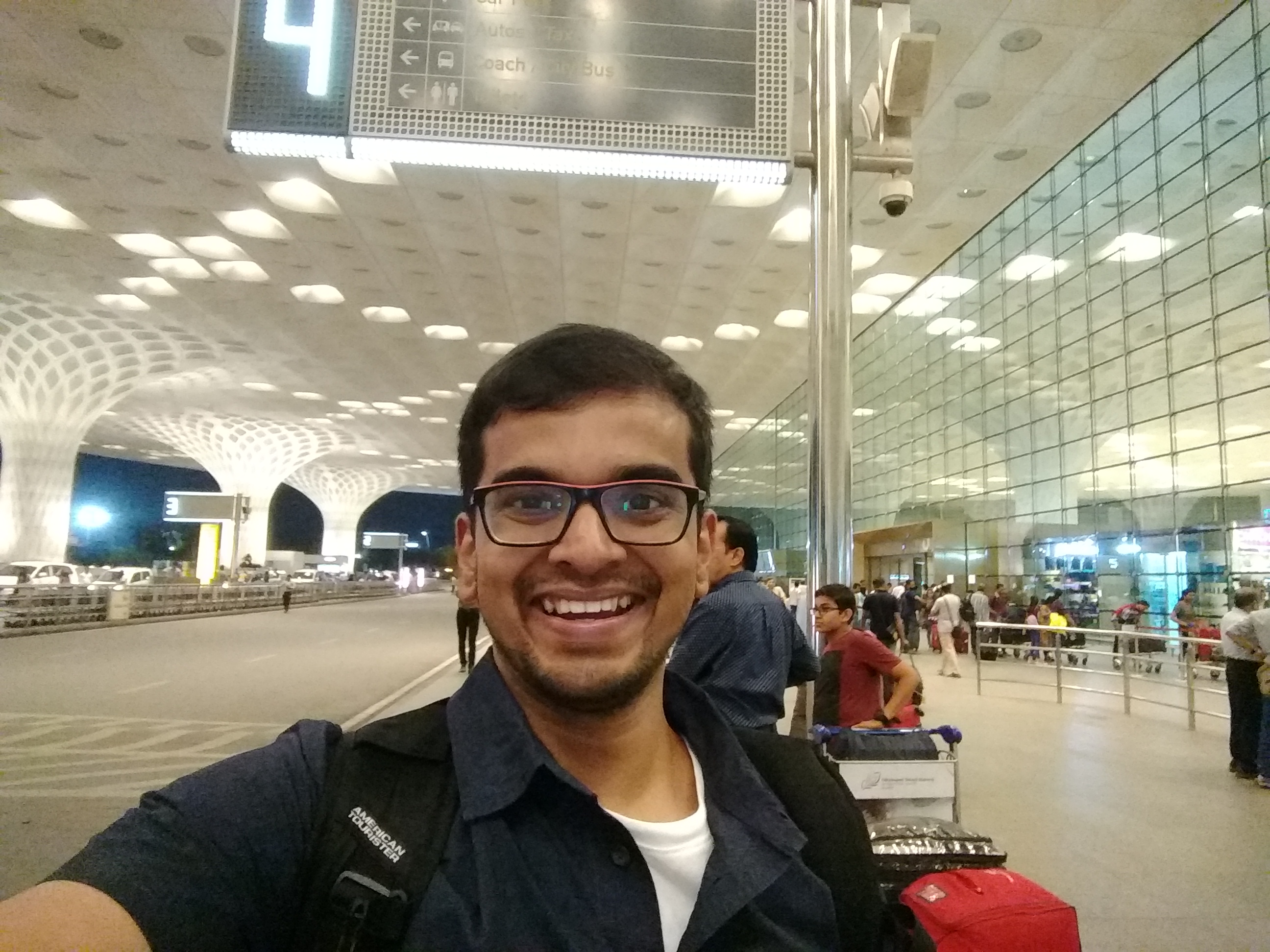
Anmol Panda
I am an international doctoral student at the School of Information at the University of Michigan, where I study political communication and campaigning on digital platforms. My current focus is on the political preferences and campaign strategies among immigrant minority communities from Asia and Latin America in the United States.
Huilian Sophie Qiu
Sophie Qiu is a Ph.D. student of School of Computer Science, Carnegie Mellon University. Her primary research interest is diversity and inclusion in open-source software. This includes using social network theories to study sustained participation and using NLP techniques to detect negative interactions. Her work on social capital in the open-source community won the Distinguished Paper Award at the 41st International Conference on Software Engineering.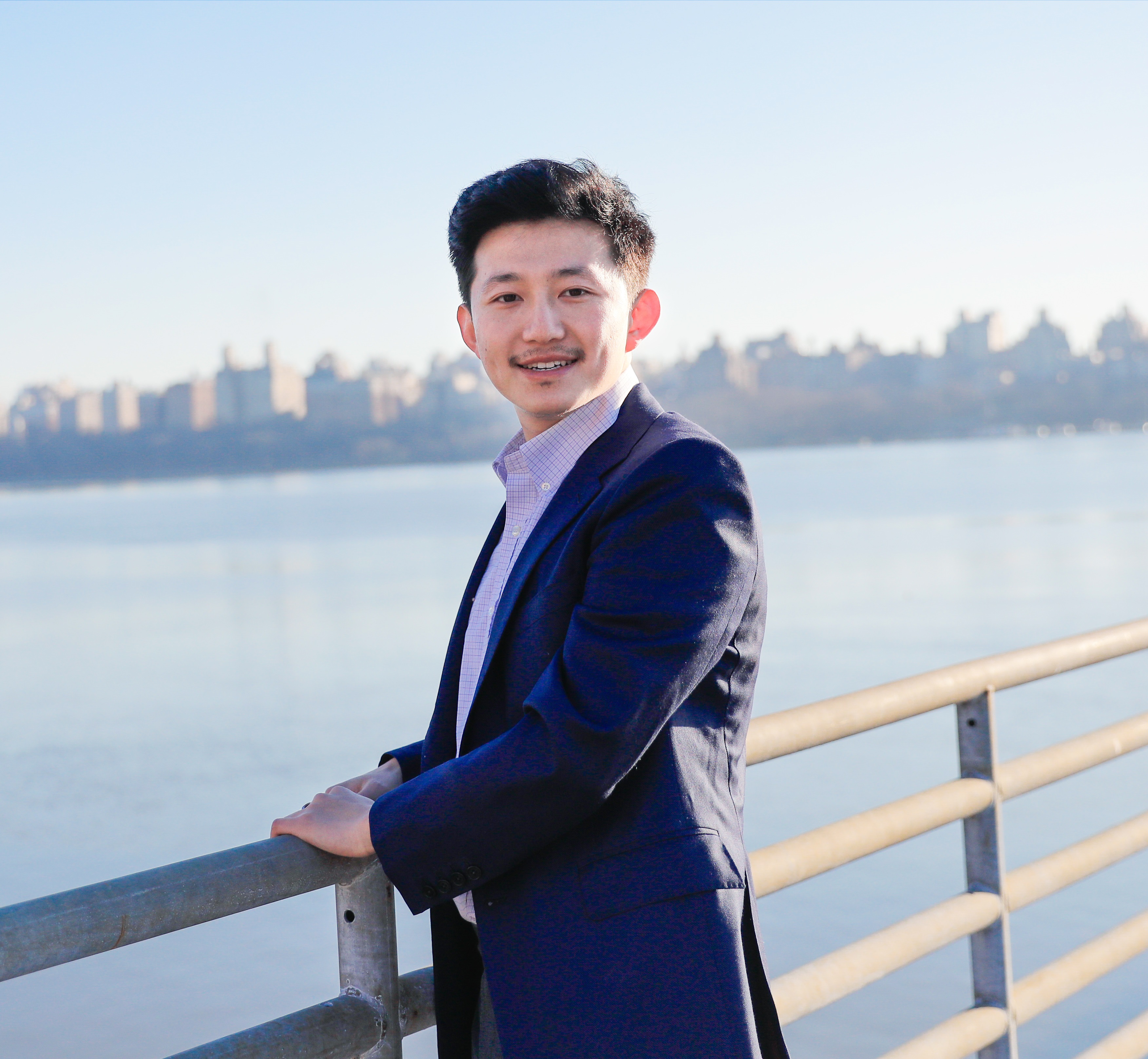
Chenshuo Sun
Chenshuo Sun is a Ph.D. candidate in Information Systems at New York University Leonard N. Stern School of Business where he is advised by Professor Anindya Ghose (Heinz Riehl Chair Professor of Business). He has been conducting research developing and applying machine learning and economic methodologies, with a particular interest in the area of digital economy, including consumer journey analytics, AI chatbot, omnichannel marketing, privacy concerns around digital surveillance, and economics of emerging technologies. He is a winner of the J.P. Morgan Ph.D. Fellowship Award 2021 and many other scholarships. His research has been awarded seven research grants from Marketing Science Institutes (MSI) and several other corporations. Previously, he received his bachelor’s degree (Hons) from Sichuan University, China and his master's degree from Tsinghua University, China. Chenshuo enjoys being a competitive medalist swimmer with a butterfly focus since high school.
Ruqin Ren
Ruqin REN earned her PhD from USC Annenberg School for Communication. Her research focuses on the intersection of digital media technology, organizational communication, and information production behaviors. She is also interested in social network analysis, statistical modeling and other quantitative research methods. Her works have appeared in peer-reviewed publications including Internet Research, Communication Research, CHI conference, OpenSym conference, ICA, NCA, Sunbelt Conference, and HBES Conference. She also has professional working experiences at Ant Financial UX Research, Facebook UX Research, Eli Lilly Digital Government Relations, and Ogilvy Public Relations. She holds an M.A. from Georgetown University's Communication, Culture, and Technology program, and B.A. in English, B.S. in Business Management from University of International Business and Economics.
Cheng Jun Wang
Cheng-Jun Wang is an associate professor in the School of Journalism and Communication, Nanjing University. He is the director of Computational Communication Collaboratory, and a research member of Web Mining Lab. His research on computational communication appears in both SSCI and SCI indexed journals, such as Internet Research, Cyberpsychology, Telematics and Informatics, Scientific Reports, PloS ONE, and Physica A.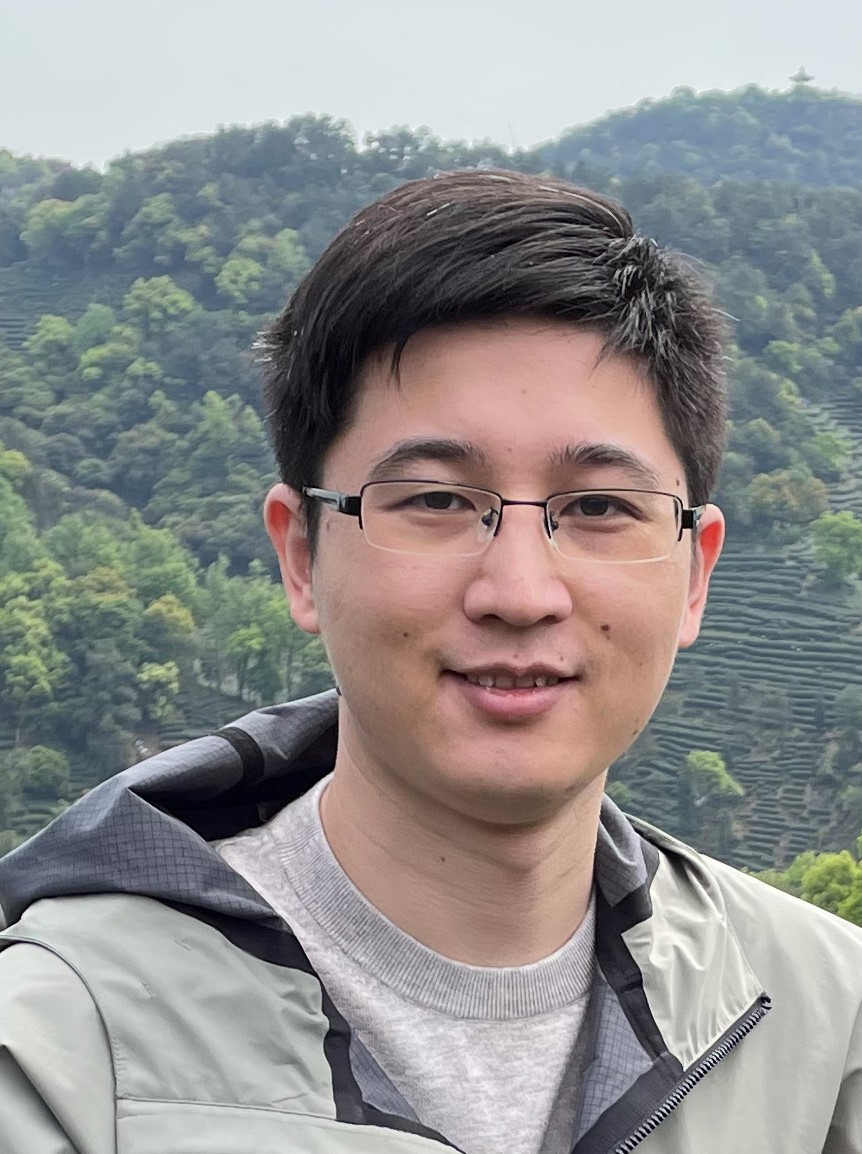
Guang Wang
Guang is a Ph.D. candidate in Computer Science at Rutgers University and a visiting student at MIT Media Lab. His research interests include Data-Driven Cyber-Physical Systems, Applied Machine Learning and Computational Social Science, especially for applications in Smart Cities and Human Mobility. He has studied heterogeneous urban systems including taix, bus, ridesharing, carsharing, bikesharing, electric vehicle, instant delivery based on over 10TB of data. He investigates user behavior and system evolution patterns in these systems and provides fairness-aware decision making to manage these systems.
Xiangyu Wang
Xiangyu Wang is a Ph.D. candidate in Information Science at the University of Iowa. Her research focuses on user online behavior analytics and the connection of users’ online-to-offline behavior using text mining, machine learning, statistical modeling and deep learning. She is particularly interested in analyzing user behavior in online health communities and social media platforms.
Xinyi Wang
Xinyi Wang studies communication and media effects in the context of health and mental wellbeing. Her research aims to understand the influence of the current media environment on people’s daily and long-term health decision-making. With a focus on psychosocial individual differences, she is particularly interested in the consequence of “triggering media content” to vulnerable populations (i.e., depression, addiction). In the long term, she aims to develop persuasive media content that promotes healthier lifestyles. Her research combines a variety of methods (i.e., self-report, fMRI, physiological measures, mobile application intervention) to expand the understanding of health behavior into multiple facets.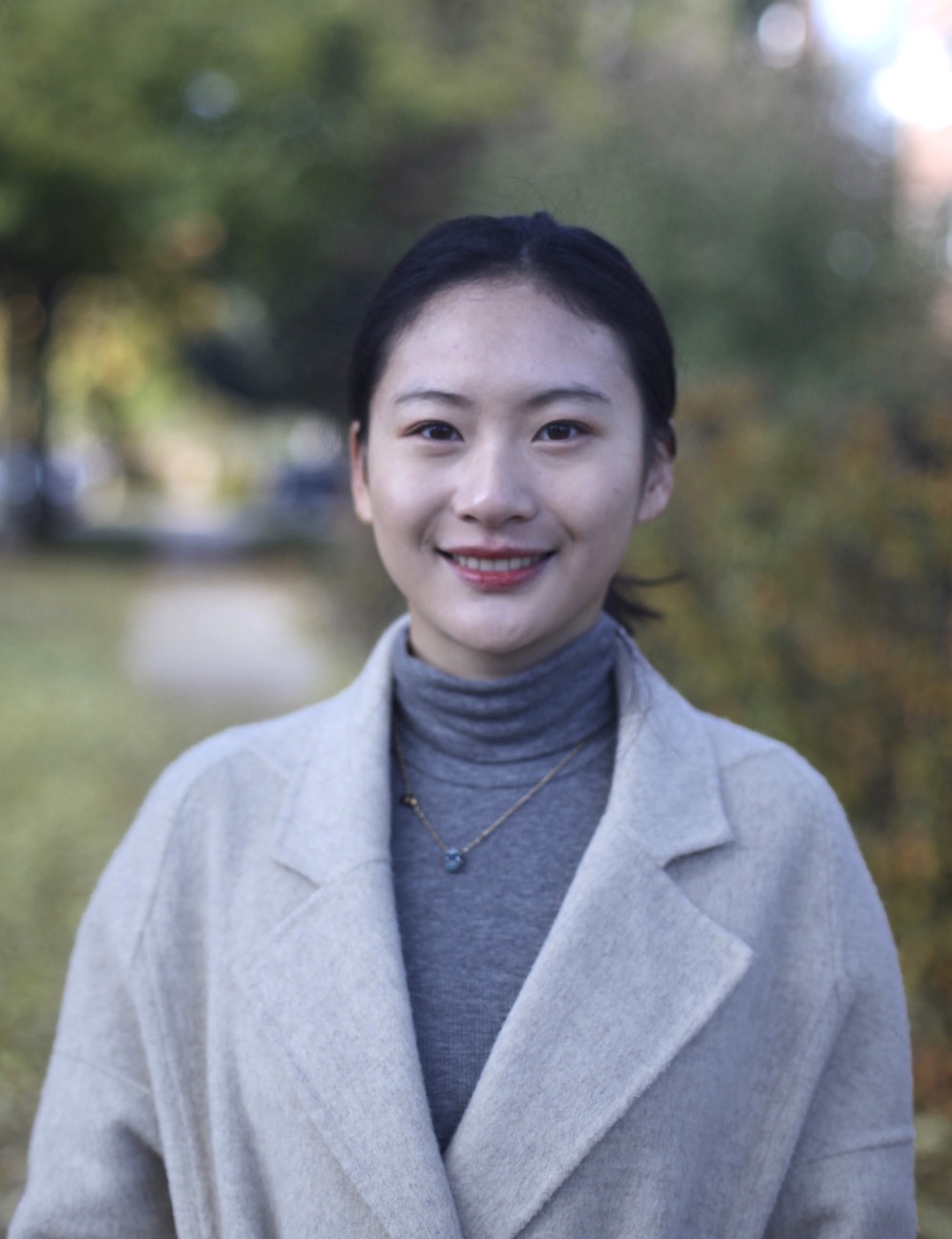
Y. Jasmine Wu
Y. Jasmine Wu is a doctoral student in the Media, Technology, and Society program at Northwestern University. Her current research applies computational methods to understand team diversity as well as network dynamics around teams in both academic and industrial settings.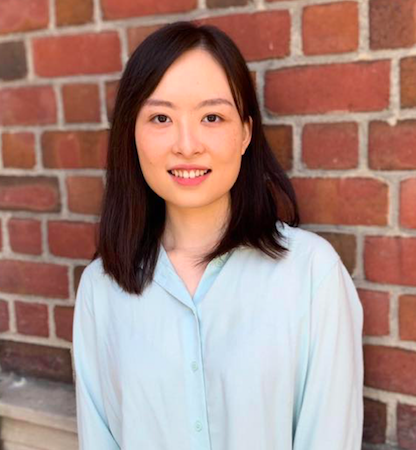
Shiyang Xiao
Shiyang Xiao is a PhD student in Maxwell School of Citizenship and Public Affairs at Syracuse University. Her research interest lies at the intersection of public administration and data science. She applies big data methods to explore the decision-making process, the implementation, and the evaluation of public policies.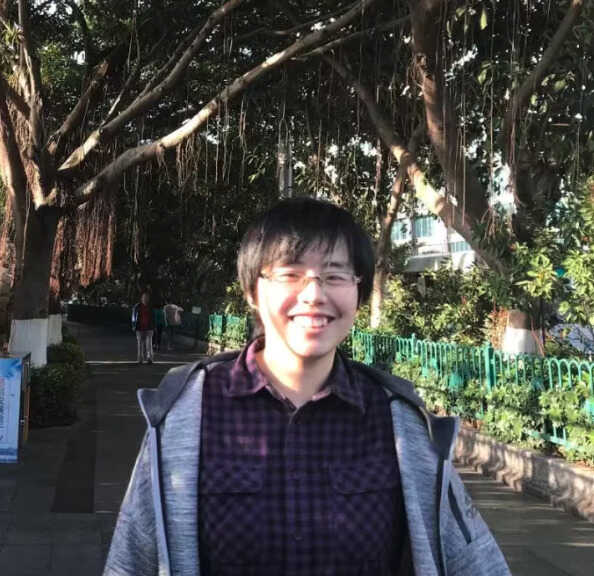
Chao Yang
Chao Yang is an associate professor at the Department of Automation, East China University of Science and Technology. She received the B.S. degree in theoretical and applied mechanics from Peking University in 2009 and the Ph.D. degree in electronic and computer engineering from the Hong Kong University of Science and Technology in 2013. Her research interests include sensor scheduling in networked control systems, privacy in cooperative networked systems, and opinion dynamics in social network. Her interest toward social science seeks to integrate the tools from theories of networked control systems and theories of complex networks with the practical models in social science.
Yanni Yang
I am currently a Postdoc in The Hong Kong Polytechnic University. My PhD study mainly focused on pervasive human behavior and object monitoring with publications in ACM Ubicomp, IEEE TMC, IEEE Secon. Now I am also interested in healthcare-related and ocean-related computational social science.
Tong Zhang
Tong is a Postoc Research Fellow at School of Public Affairs of Zhejiang University, China. She got a doctor's degree in Economics, a master's degree in Education, a bachelor's degree in Management and Arts. Her research interests lie in government communication, social media and digital governance. She has a strong desire in both the research and practive of digital literacy.
Yiyan Zhang
Yiyan Zhang is a Ph.D. candidate in Emerging Media Studies at Boston University. She earned her bachelor’s degree in advertising and economy from Peking University. Her research focuses on mediated communication between citizens, news media, and governments on digital platforms. Methodologically, she connects surveys, digital texts, and experiments employing advanced statistical methods, automatic content analyses, and network analysis, etc. Her papers were published in journals including Information, Communication & Society, Journalism Studies, The Social Science Journal, and Mass Communication and Society, etc.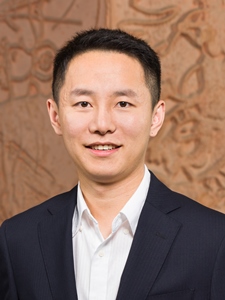
Kunru Zou
Kunru Zou is a doctoral student in finance at the Nanyang Business School in Nanyang Technological University. His research interest include corporate finance, privatization, corporate social responsibility. Methodologically, he is interested in econometric analysis with geographical variation. He is also interested in textual analysis and machine learning. Before coming to Singapore, he received his bachelor degree in Maths and master degree in Finance both from Sun Yat-sen University.Teaching Assistants

Shengchun Huang
Shengchun Huang is a doctoral student at the Annenberg School for Communication at the University of Pennsylvania. She is is interested in digital news consumption, algorithm driven aggregators/platforms, and social effects in the high-choice media environment. Before joining Annenberg, she received her B.A. degree in communication from Renmin University of China and M.A. degree in journalism and communications from Tsinghua University.